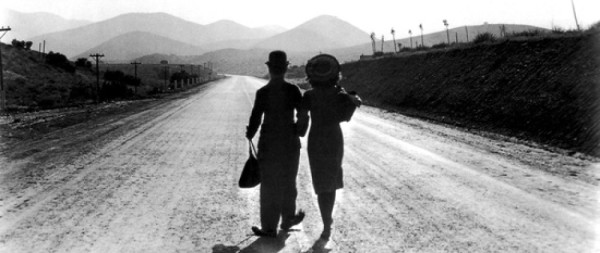There’s Always Tomorrow
Directed by Douglas Sirk
Written by Bernard C. Schoenfeld and Ursula Parrott
1956/US
Universal International Pictures
IMDb page
First viewing/Criterion Channel
Ann: [to Vinnie] It’s funny. I’m positive your father hasn’t done a thing to be ashamed of, but, you know something, I wouldn’t blame him if he had.
I really liked this sudsy Sirkian melodrama with its hidden savage indictment of middle-class values and life in suburbia.
Toy manufacturer Clifford Groves (Fred MacMurray) has been married for many years to Marion (Joan Bennett). They have two teenagers and one pre-teen. They live in Los Angeles.
The story starts on Marion’s birthday. Clifford goes the extra mile to arrange roses, a dinner in town, and theater tickets. He can’t tell Marion the plan because the children occupy the phone 24/7. Then when he gets home Marion can’t go because the youngest daughter has a dance recital. He can’t even give away the tickets.

Then former employee Norma Miller Vale (Barbara Stanwyck) calls him up. She is now a successful dress designer. He offers to take her to the theater and she takes him up on it. They leave during intermission and he shows her his latest toy. Norma is delighted.
Despite Clifford’s pleading that he must get out of his rut and spend some alone time with his wife, he is disregarded again and again. Marion clearly puts their kids before him. He gets more and more depressed and chummy with Norma. His kids decide they are having an affair and are determined to break it up.

I sympathized so completely with the MacMurray character in this story. While nominally about a love triangle, it is really about the stultifying climate in suburbia and society’s expectations of men and women in a marriage. All the acting is very good. Stanwyck is charming as a lovelorn lass and as a dynamic business woman.
I had never seen or heard of this movie and was very glad to catch up with it as part of the Joan Bennett collection on the Criterion Channel.




































